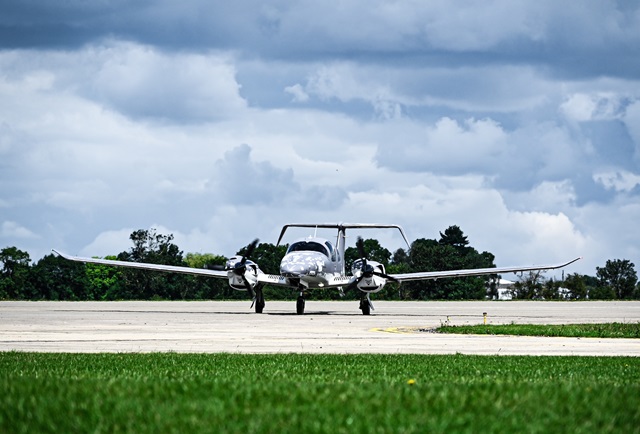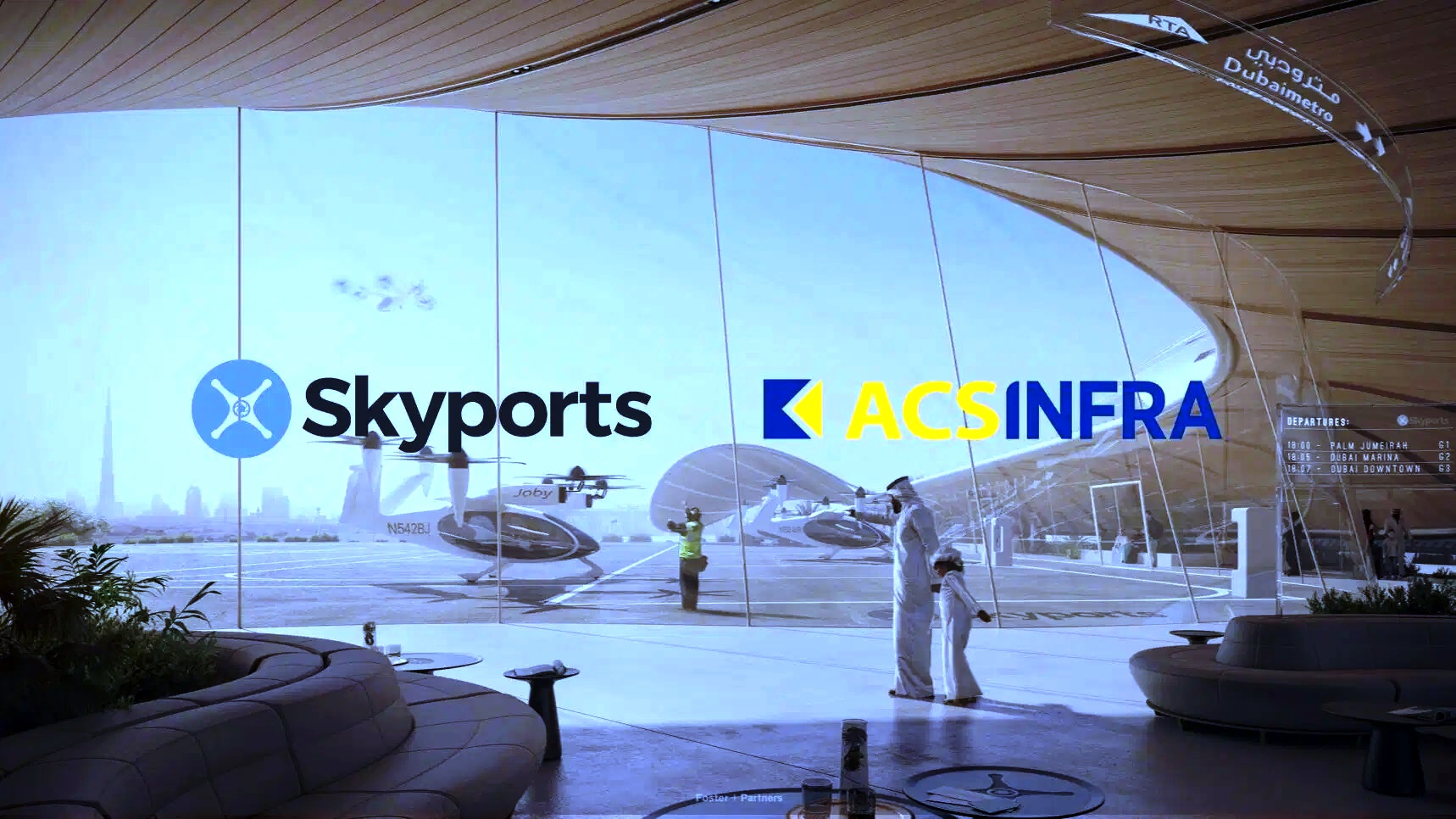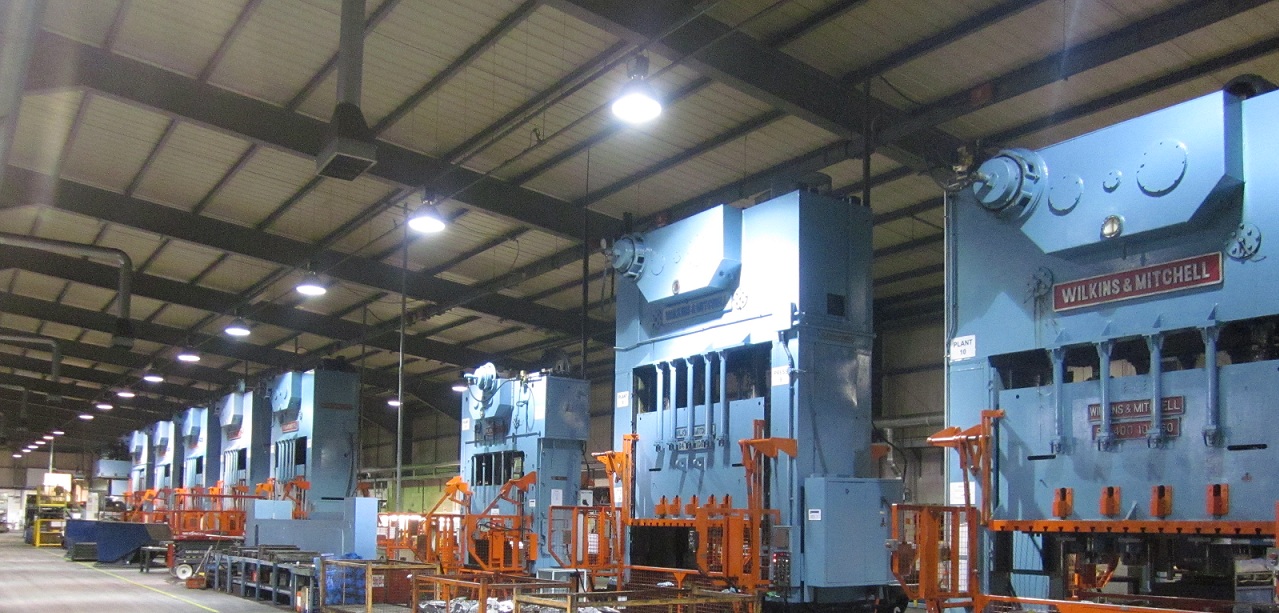Rolls-Royce to create Composite Technology Hub in Bristol

This advanced manufacturing facility will be at the forefront of developing the next generation of fan blades and fan cases, made of carbon-fibre composite materials, for Rolls-Royce’s future aero-engines.
The Rolls-Royce CTi (carbon/titanium) blades are a key feature of the new Advance engine design, unveiled last year, which will offer at least 20% less fuel burn and CO2 emissions than the first generation of the Trent aero-engine. The blades and associated composite engine casings will form part of the new CTi fan system that could reduce weight by up to 1,500lb per aircraft, the equivalent of carrying seven more passengers and their luggage.
Tony Wood, Rolls-Royce, President – Aerospace said: “This state-of-the-art facility will give us the opportunity to further develop our world-leading composite technology and manufacturing techniques for our next generation of engine design. These high-technology lightweight components have the potential to significantly improve the fuel consumption and emissions of future aircraft through our new Rolls-Royce Advance and UltraFan™ demonstrators.
“This is the latest example of Rolls-Royce’s commitment to investing in innovative technology and world-class facilities to improve performance and drive profitable growth for our business.”
The pre-production facility will be developed within an existing building alongside Rolls-Royce’s new facility for carbon-fibre electrical harness rafts, currently being constructed on the Bristol site. Both facilities will benefit from manufacturing techniques being developed in partnership with the National Composites Centre in Bristol, and research being conducted at the Rolls-Royce University Technology Centre at the University of Bristol. Rolls-Royce’s existing CTi manufacturing technology capability, along with around 40 current employees, will be transferred from its composites location on the Isle of Wight during 2017, meaning a potential additional 80 roles could be created in Bristol over the next four years. The UK Government provided £7.4m funding support to support the establishment of the pre-production facility and equipment at the Isle of Wight facility and these will be further developed at the new pre-production Rolls-Royce facility in Bristol.
Carbon-fibre composites are predominantly used in the aerospace industry to enable significant reduction in weight, leading to lower fuel consumption and reduced emissions. Rolls-Royce has been involved in developing carbon-fibre technologies for several decades and already uses the material for a number of parts within its aero engines. Innovative automated methods have been developed specifically for producing composite fan blades and fan casings.
A set of the CTi fan blades, incorporated into a Trent 1000 ‘donor’ engine, successfully completed a full flight test programme on a Rolls-Royce 747 flying test bed at Tucson, Arizona, USA in December last year. A rigorous testing programme of the complete fan set continues to take place throughout 2015.
Facts on composites and CTi:
- Composite materials are made up from at least two different types of materials which, when combined, create a new material that offers different physical properties and particular advantages not available from the individual materials on their own
- The new CTi blade is created by laying strips of carbon fibre, pre-impregnated with an epoxy resin, into a mould using a precision controlled robot. This is then cured in an autoclave by applying temperature and pressure (a bit like a very advanced pressure cooker). The moulded blade is precision machined and coated before a titanium sheath is bonded to the front edge. The finished component is inspected and measured using ultrasound and subjected to very rigorous mechanical testing
- The fan in a gas turbine draws air into the engine, compressing the bypass stream to produce 80 per cent of the engine's thrust, and feeding air to the gas turbine core
- Over a decade of research and development have led to the testing of the new carbon/titanium blades
- The carbon/titanium blades will be manufactured using state-of-the-art automated composite construction methods and materials
- The blades will deliver reduced fuel burn and CO2, low-energy processes and maximises the use of the materials reducing waste
- The blades and associated composite engine casings will form part of the new Rolls-Royce CTi (Carbon-Titanium) fan system that could reduce weight by up to 1,500lb per aircraft, the equivalent of carrying seven more passengers and their luggage
- The processes used in the Isle of Wight composites facility were developed within Rolls-Royce and through work carried out at the National Composites Centre, Bristol












